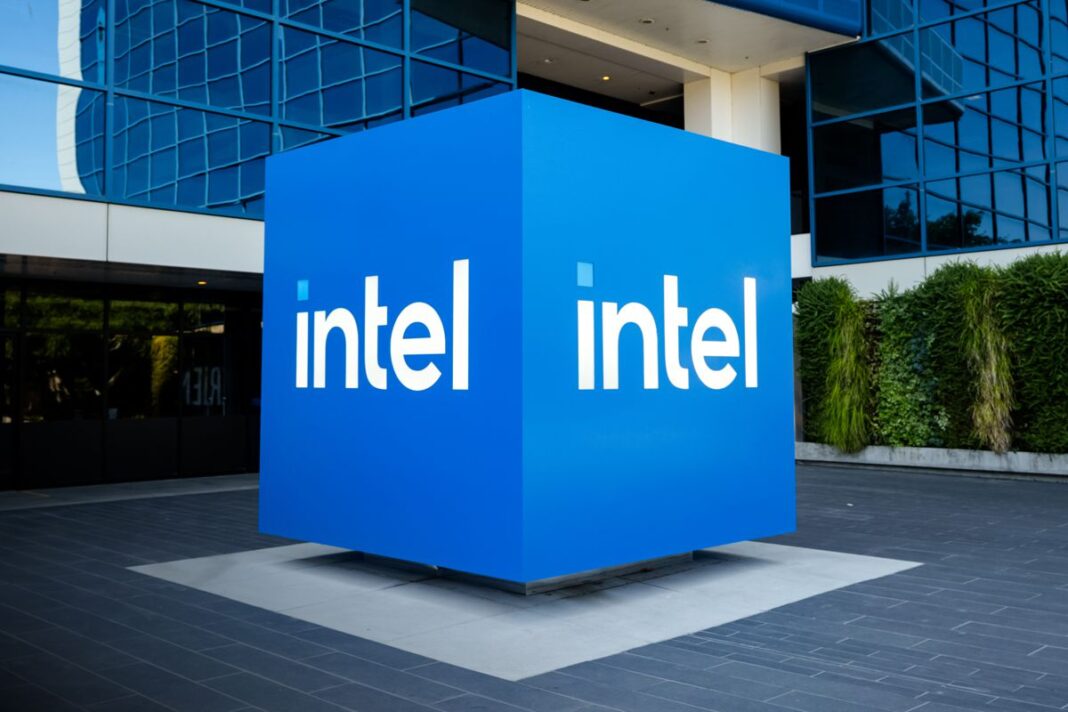Experts say Uncle Sam’s support is necessary for U.S. businesses to compete against Beijing’s trade aggression. But it won’t work as a stand-alone.
The federal government’s move to take a 10 percent stake—and become the largest shareholder—in chip company Intel in August raised some eyebrows among investors and observers. California-based Intel, once the leading manufacturer of microchips, has for years struggled to keep up with its competitors in an industry critical to ensuring the United States’ continued technological and military dominance.
While the government’s ownership is passive, or nonvoting, it will still have some influence over the company.
Some have suggested that the deal amounts to government meddling in the private sector or even signals that the nation is moving away from a free market to state capitalism.
Trump administration officials have pushed back on characterizations likening the move to socialism, saying the agreement will boost U.S. leadership in semiconductors.
The deal forms part of a broader trend as Washington steps up its efforts to win the U.S.–China tech race, experts told The Epoch Times.
While they were split on how to identify the trend—state capitalism or something else—the experts agreed it was a necessary move to compete against an economy directed by a regime that doesn’t play by established trade rules.
Washington cannot win the tech race by just controlling Beijing’s access to advanced U.S. technology, the experts said. It also needs to exert pressure on China’s economic model.
For years, the Chinese regime has been flooding the global market with inexpensive products made possible by its excessive manufacturing capacity. That, in turn, makes money for tech development.
As China continues to rely on stolen technology and funding through exports, the United States has a short window of opportunity to gain a step ahead in the tech race, experts said.
Intel’s Strategic Value
Under the deal, the Department of Commerce converts its $11.1 billion grant provided to Intel under the 2022 CHIPS and Science Act into nonvoting shares. Additionally, within five years, the U.S. government has the right to acquire another 5 percent share if the company decides to reduce its ownership stake in its chip manufacturing, or foundry, business to below 51 percent. That’s the “foundry clause.”
The federal government has taken ownership of private companies before. However, that was typically done during an emergency, such as the 2008 financial crisis or the COVID-19 pandemic.
Intel’s current woes are not due to broader market conditions but poor management decisions.
By Terri Wu








